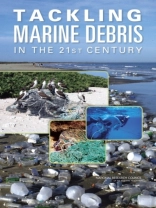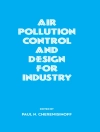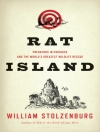Marine debris from ships and other ocean-based sources-including trash and lost fishing gear-contributes to the spoiling of beaches, fouling of surface waters and the seafloor, and harm to marine animals, among other effects. Unfortunately, international conventions and domestic laws intended to control marine debris have not been successful, in part because the laws, as written, provide little incentive to change behavior. This book identifies ways to reduce waste, improve waste disposal at ports, and strengthen the regulatory framework toward a goal of zero waste discharge into the marine environment. Progress will depend on a commitment to sustained funding and appropriate institutional support.The Interagency Marine Debris Coordinating Committee should, through planning and prioritization, target research to understand the sources, fates, and impacts of marine debris. It should support the establishment of scalable and statistically rigorous protocols that allow monitoring at a variety of temporal and spatial scales. These protocols should contain evaluative metrics that allow assessment of progress in marine debris mitigation. The United States, through leadership in the international arena, should provide technical assistance and support for the establishment of additional monitoring and research programs worldwide.
Committee on the Effectiveness of International and National Measures to Prevent and Reduce Marine Debris and Its Impacts & Division on Earth and Life Studies
Tackling Marine Debris in the 21st Century [PDF ebook]
Tackling Marine Debris in the 21st Century [PDF ebook]
ซื้อ eBook เล่มนี้และรับฟรีอีก 1 เล่ม!
ภาษา อังกฤษ ● รูป PDF ● หน้า 218 ● ISBN 9780309126984 ● สำนักพิมพ์ National Academies Press ● การตีพิมพ์ 2008 ● ที่สามารถดาวน์โหลดได้ 3 ครั้ง ● เงินตรา EUR ● ID 7141104 ● ป้องกันการคัดลอก Adobe DRM
ต้องใช้เครื่องอ่านหนังสืออิเล็กทรอนิกส์ที่มีความสามารถ DRM












